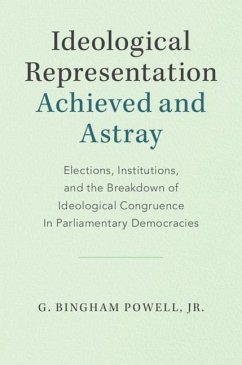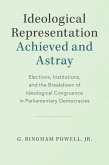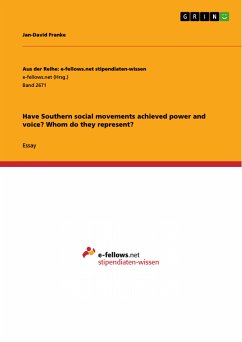Ideological congruence is the term generally used in comparative politics for the representative relationship between the general preferences of citizens and the perceived and stated position of government. This study provides a systematic comparative assessment of success and failure in achieving ideological congruence in nineteen developed parliamentary democracies from 1996 through to 2017. It then deconstructs the processes through which elections can connect citizens and governments into the three major stages: citizens' votes in parliamentary elections; the conversion of those votes into legislative representation; the election of prime ministers by their parliaments and the appointment of cabinet ministers. Analyzing these three stages shows that average distance from the median citizen increases at each stage, with only a few remarkable recoveries once congruence begins to go astray.
Dieser Download kann aus rechtlichen Gründen nur mit Rechnungsadresse in A, B, BG, CY, CZ, D, DK, EW, E, FIN, F, GR, HR, H, IRL, I, LT, L, LR, M, NL, PL, P, R, S, SLO, SK ausgeliefert werden.









